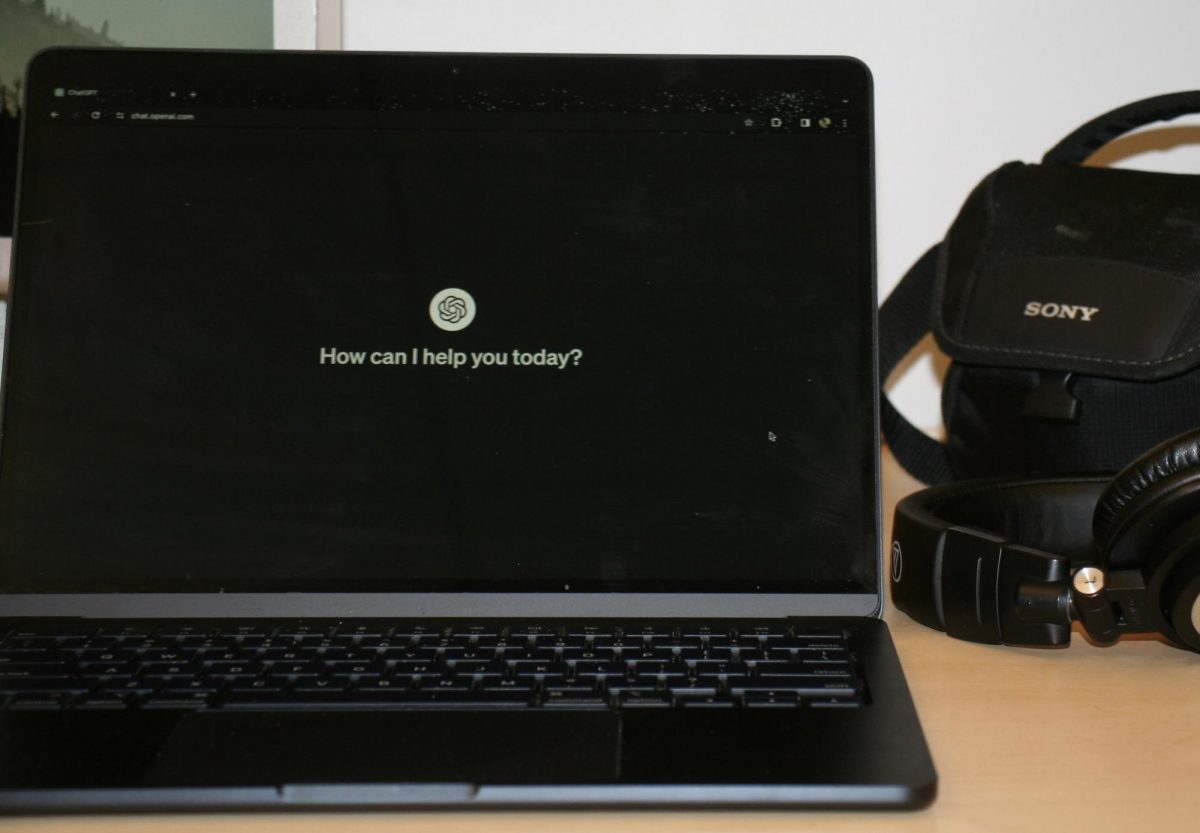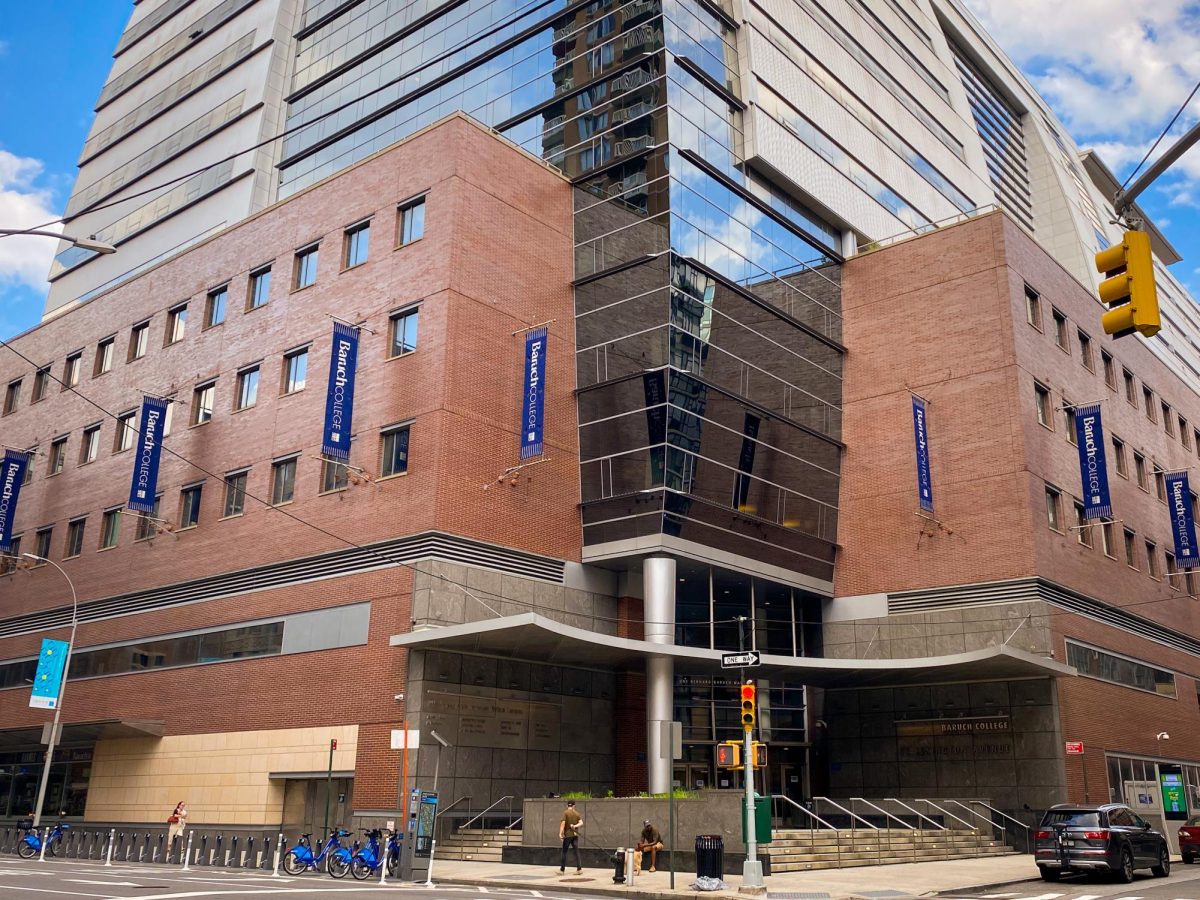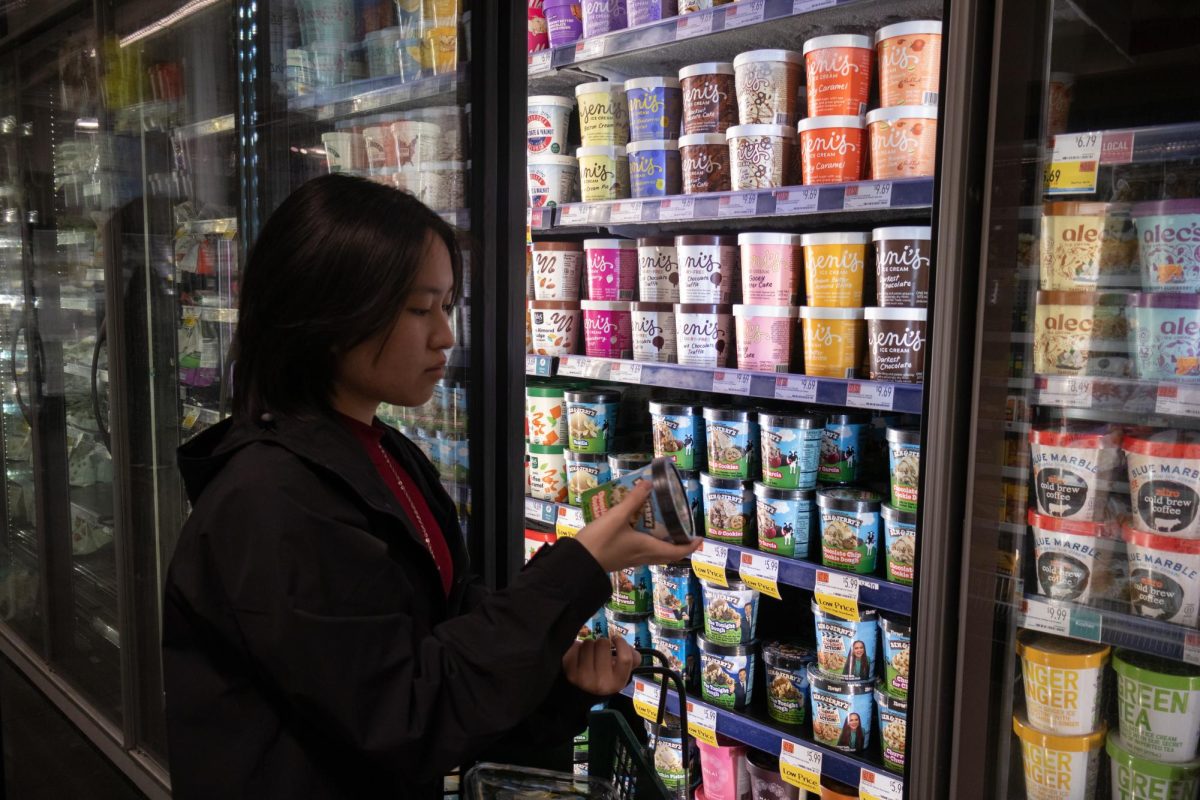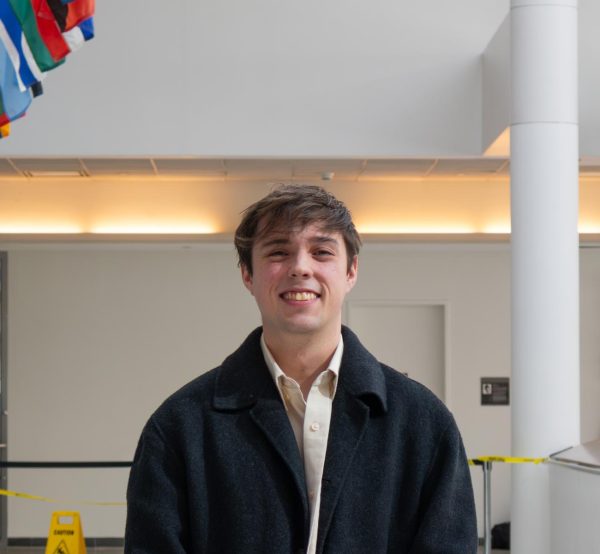Ever since the influential artificial intelligence company OpenAI, Inc. released ChatGPT, Elon Musk spoke out against the platform he cofounded. In a recent escalation, Musk filed a lawsuit against Sam Altman and OpenAI on Feb. 29.
Musk alleged OpenAI breached its founding agreement by keeping the “internal design” of its GPT-4 large language models a secret and diverging from its original mission of being a nonprofit company.
In response to the lawsuit, OpenAI released email communication with Musk in the early days of the company. In the emails, Musk spoke about the need for more funding.
“We need to go with a much bigger number than $100M to avoid sounding hopeless… I think we should say that we are starting with a $1B funding commitment,” Musk said in an email, according to OpenAI’s blog post addressing the suit.
OpenAI also noted the company received only $45 million from Musk while “other donors” put more than $90 million toward funding the company. In the released emails, OpenAI Chief Scientist Ilya Sutskever told Musk and other investors that, eventually, the company should start “being less open” when it comes to the science behind AI technology. Musk agreed to the statement with the short email response, “Yup.”
Musk insisted on taking the case to trial, saying OpenAI should return the money it earned through “unfair and improper practices.” He also requested a court-issued order requiring OpenAI to continue the practice of making the technology and research public as well as an order prohibiting OpenAI from earning any financial benefit from the usage of its technology and assets.
Concerns over the growth and impact of OpenAI began when ChatGPT became publicly available.
Musk said OpenAI agreed not to commercialize any product its board considered artificial general intelligence, or AGI, a theoretical concept of an AI that represents human cognitive ability in software or can perform tasks it is not trained for. Musk’s lawyers have said OpenAI’s GPT-4 model is “an AGI algorithm.”
Musk pointed to a March 2023 paper by researchers at Microsoft Corp., OpenAI’s close partner, to say the company breached its contract. He said Microsoft’s involvement and multi-billion dollar funding deals, including the latest in February valuing OpenAI at $80 billion, was an indicator of its attempt to become a for-profit entity.
The relationship between OpenAI and Musk started in 2015 when he founded the company alongside other investors from Silicon Valley.
The company was founded amid concern about Alphabet Inc.’s AI called Google DeepMind. According to the lawsuit, the original mission of the company was to “serve as a vital counterbalance to, Google/DeepMind in the race for AGI, but would do so to benefit humanity, not the shareholders of a private, for-profit company.”
In 2018, Musk left the company due to a conflict with the board of Tesla Inc. but stayed on as an investor.
In December 2022, when ChatGPT was released, Musk cut off OpenAI’s access to data from X, formerly Twitter, because he believed that OpenAI was not paying X enough.
After openly speaking out against X’s data being used to train ChatGPT, Musk released his own AI chatbot named Grok, which is trained on X’s data and can reference real-time news.
Some say the proximity of Grok’s release to the lawsuit filed against OpenAI raises questions of whether Musk is after the transparency of the company he cofounded — or if he is looking for ways to advance his own AI chatbot.









